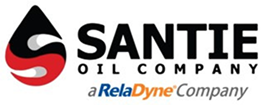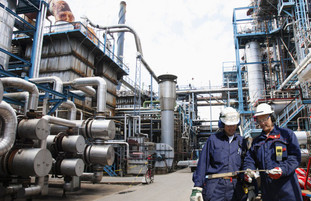Selecting the right Castrol lubricants is not an easy task. There are many factors to consider if you want to choose the right one. Your starting point should be the manufacturer's recommendations. From there, you can consider some of the following factors to assist you with your choice.
What Does the Manufacturer Recommend?
This must always be your starting point when you are choosing the right industrial lubricant. You will find that most manuals that come with industrial parts and machinery contain ideal conditions. For instance, some manufacturers specify that their equipment will work well with Castrol lubricants. However, you must also note that the guidelines in these manuals don't consider the real environment where the equipment will be used. For instance, there are cases where a manufacturer will recommend NLGI-grade #2 grease, but this won't work if you are operating at sub-zero conditions.
Base Oil Viscosity
This is one of the most important requirements when selecting an industrial lubricant. According to a recent survey, around 89% of professionals who deal with lubricants take into account an oil's viscosity index when choosing an industrial lubricant. For you to understand what sort of viscosity you should work with, you need to provide important information to the supplier and the application at hand. For instance, they will want to know information like axis operating speeds, the type of friction, and the environmental conditions. You must also provide details about the load and the industry standards. There are certain Castrol lubricants that are good for sliding friction, like polyalkylene glycol. On the other hand, the same lubricant won't work well when you are dealing with rolling friction. That's why it's important for you to provide the supplier with enough information.
Understand the Environment
To select the proper Castrol lubricant, you must also study and understand your environment. For example, you need to know about moisture, temperature, load, and dust, among others. This is important because factors like temperature will determine which base type you must choose, whereas moisture will be important in choosing the additive package. Lastly, you will need to know the speed so that you can pick the right viscosity.
These are some of the factors that you must consider when choosing an industrial lubricant. It's important to ensure that you have as much information about the environment and the application so that you don't end up with the wrong product. If you need help selecting the right industrial lubricant, contact us today.

